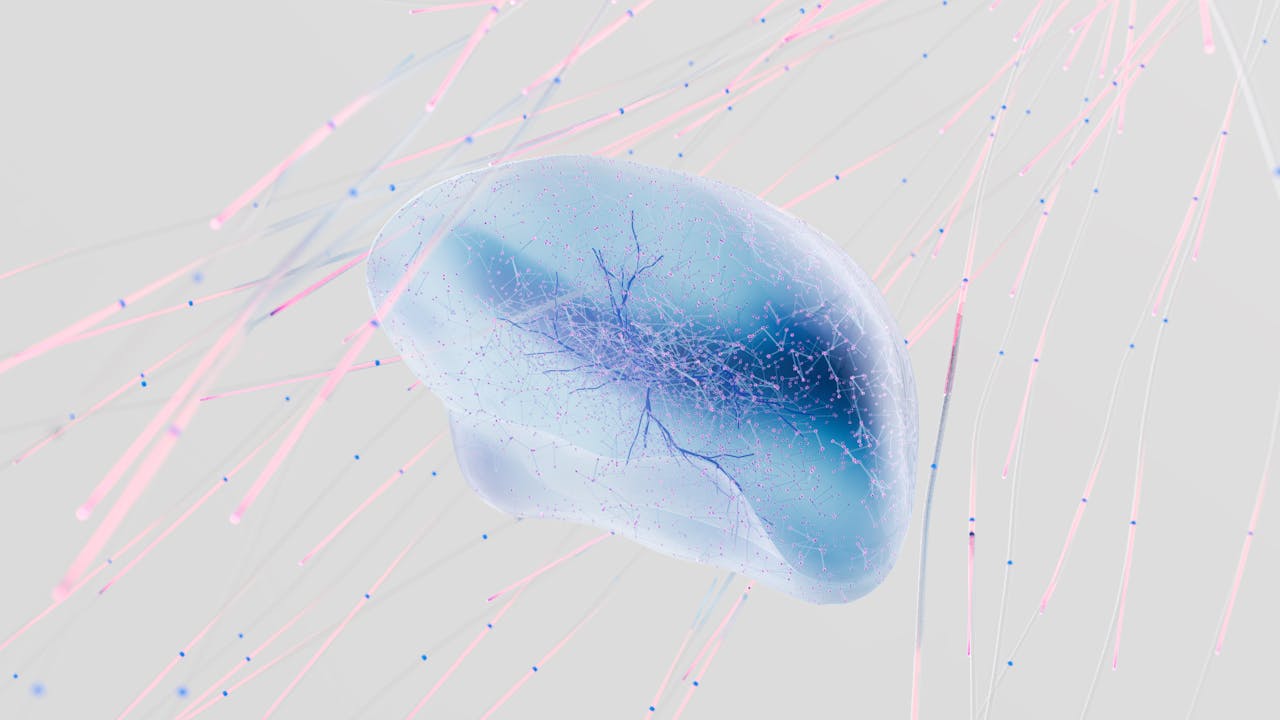Mental Health
Researchers Discovered Early Signs of Parkinson’s Disease
Parkinson's disease, which is a neurodegenerative condition that leads to the breakdown of simple motor functions, is often diagnosed after the disease has already manifested. Researchers believe that if Parkinson's can be spotted at an earlier stage, the progression of the disease could some what be controlled, giving people more time on their feet before their central nervous system starts to fail. According to a new study, researchers working at the Newcastle University in the United Kingdom, there might be other indicators of Parkinson's that are not motor related and can possibly help doctors diagnose patients at the early stages of the disease.
The study observed the relationship between the multiple non-motor symptoms that a patient with Parkinson's has. Although motor skills and coordination are the most common symptoms of Parkinson's, several other symptoms that are not as commonly noted are drooling, bowel complications and anxiety. The researchers of this study believe that these symptoms might be able to indicate whether or not someone will develop Parkinson's. The study recruited 258 participants, 159 of them were recently diagnosed with Parkinson's, whereas 99 of them did not have the disease. All participants were around the same age and were asked about 30 non-motor symptoms that they might have experienced. These symptoms included sexual issues, sleeping problems and gastrointestinal problems.
"Often people don't even mention these symptoms to their doctors, and doctors don't ask about them, yet many times they can be treated effectively," Dr. Tien K. Khoo, the study's author, explained.
The researchers discovered that 56 percent of the Parkinson's afflicted group had issues with drooling, where as that problem was only prevalent in 6 percent of the group without Parkinson's. 42 percent of people with Parkinson's dealt with constipation whereas 7 percent of people without the disease had constipation. Furthermore, 43 percent of the first group reported anxiety , with only 10 percent of the second group stated they had anxiety as well. The researchers found that people with Parkinson's disease had, on average, eight of the 30 non-motor symptoms. That number dropped to three for people without the disease. The most common non-motor symptoms that Parkinson's patients experienced were urinary urgency, anxiety, constipation, poor sense of smell, and excess saliva resulting in drooling.
"These results show that Parkinson's affects many systems in the body, even in its earliest stages. Often these symptoms affect people's quality of life just as much if not more than the movement problems that come with the disease. Both doctors and patients need to bring these symptoms up and consider available treatments," Khoo stated.
The study was published in the journal, Neurology.









Join the Conversation